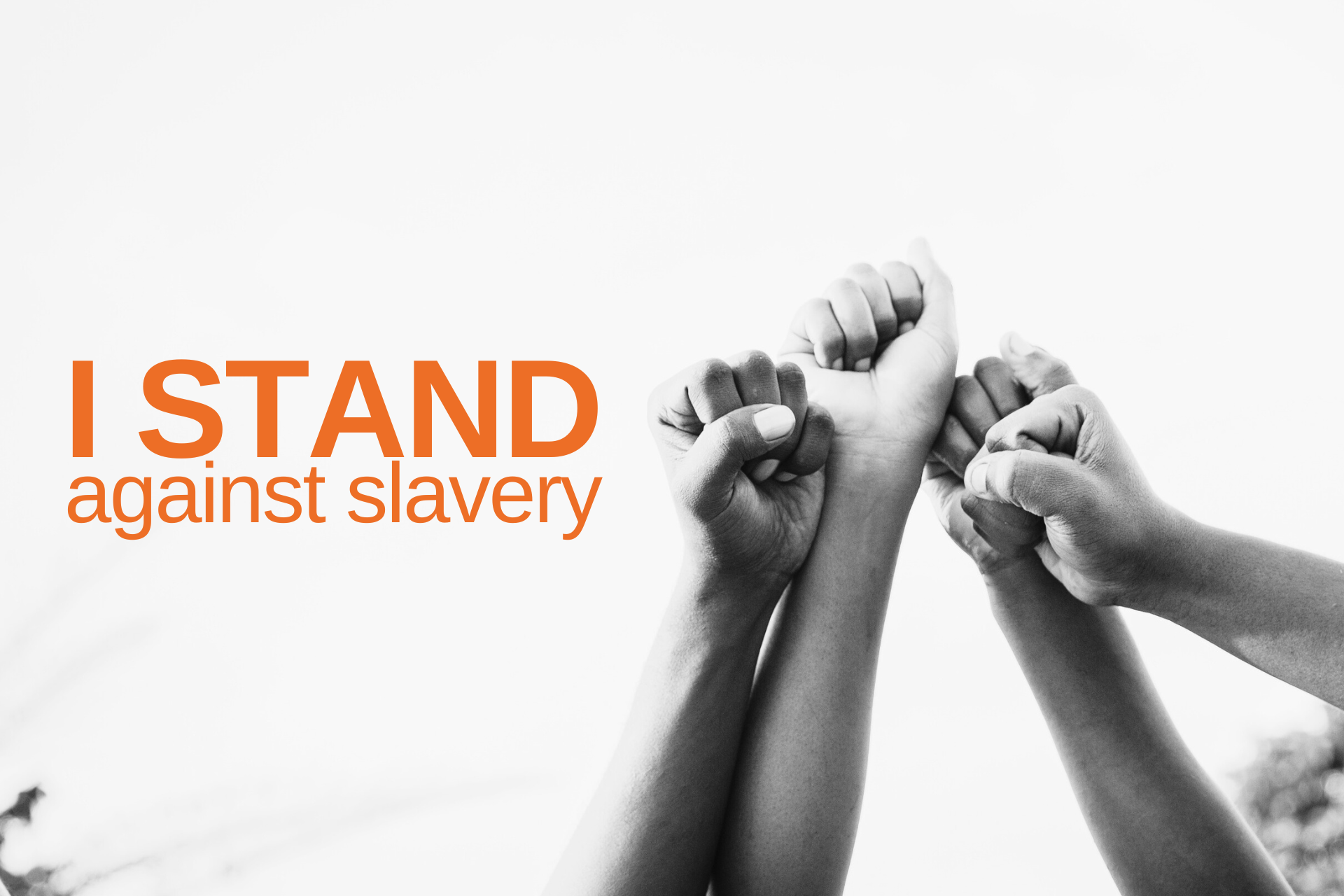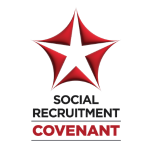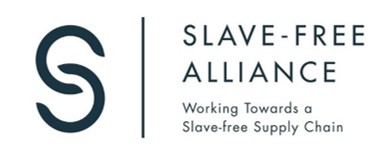Navigating Career Gaps: Bridging Paths to Professional Success.
22 February 2024
Career gaps, childcare costs, and confidence. What are the barriers for women when looking to re-enter the workplace, and how can businesses help?
As we get ready to celebrate International Women’s Day, it’s important to reflect on the progress we’ve made towards gender equality in the workplace.
Strides have been made in the quest for workplace gender equality. But one area that continues to present challenges is the dreaded career gap.
Career gaps present numerous challenges. Confidence, interview taboo, progression, and pension.
Kick to the Confidence
Following the Covid-19 pandemic, when many people were forced to take career gaps with furlough, a study was conducted to the post-lockdown ‘return to work’.
It was reported that time away from work hits women’s confidence significantly harder than men’s.
Loss of confidence in ability was nearly twice as prevalent in women (42%) then in men (24%). This research also showed that women returning to work were more likely to face barriers than men.
The Barriers
In the same study mentioned above, nearly half of women (45%) cited caring responsibilities as a challenge when returning to work (compared with 30% of men).
46% of women cited childcare costs as a hurdle, compared with just 23% of men.
Last year, the British Chambers of Commerce (BCC) reported that two-thirds of women with childcare responsibilities believe that they have missed out on career progression as a direct result of their responsibility.
Most recently, it’s been reported that women will need to work an extra 19 years to retire with the same pension savings as men.
Career gaps, caring responsibilities, childcare costs, fewer opportunities for advancement, and overall lower earnings all contribute to the disparity.
Real-life Impact
The issues raised in this blog, are issues that face women across the UK.
Within Smart, we work hard to ensure that our employees are supported when taking a career gap, and on their return.
We sat down with our Head of Compliance, Aleksandra Szul-Thomas (Ola) to discuss her experiences during her 15 years with Smart.
During her first pregnancy, Ola experienced many of the anxieties discussed. The nervousness of an extended period off. How this would impact her place within the business.
For this reason, she returned to work five months after the birth of her child, and she returned to full-time employment. It was only when she became pregnant with her second child did she realise just how much she had missed with the first.
Following the birth of her second child, she took eleven months maternity leave, and came back to a flexible working pattern. Smart fully facilitated the process both times to ensure that she was supported, included, and felt confident in her return to work.
Speaking on the flexible working option, Ola noted that it is the best decision she ever made.
The pattern operates over a five-day working week, so that she is able to attend meetings, and feel included in Smart and its culture.
Flexible working has given Ola the best of both worlds. There is continuity in her work, allowing to manage her team effectively, and most importantly, providing valuable family time.
How Can Businesses Help
There are many ways that businesses can help people, or more specifically women re-enter the workplace. These include:
- Offering flexible working arrangements. Offering part-time hours, remote opportunities, flexible scheduling.
- Returner programs. Implement tailored programs specifically for individuals returning to work after a career break.
- Skills development and training. Provide access to training and development programs to help people refresh their skills.
- Mentorship and support networks. Establish mentorship programs or support networks to connect those returning to work with experienced professionals who can offer guidance and support.
- Bias awareness and training. Provide training for managers and employees to raise awareness of unconscious bias and promote a more inclusive workplace culture.
- Transparent policies and procedures. Ensure that your company’s policies and procedures are transparent and inclusive. Make sure communication about leave policies, flexible working, and support programs are clear.
Our ‘Smart’ Solution
As a leading recruitment business in the UK, we have the expertise and resources to help people, or more specifically women to navigate their way back into the workplace.
From providing access to training and upskilling programs, to offering flexible working arrangements. We are dedicated to removing the barriers that stand in the way of women’s career advancement.
This International Women’s Day, join us to champion women’s empowerment in the workplace. Whether you’re a returning professional seeking support, or an employer looking to create more inclusive hiring practices. Contact us today to see how we can help your business.











